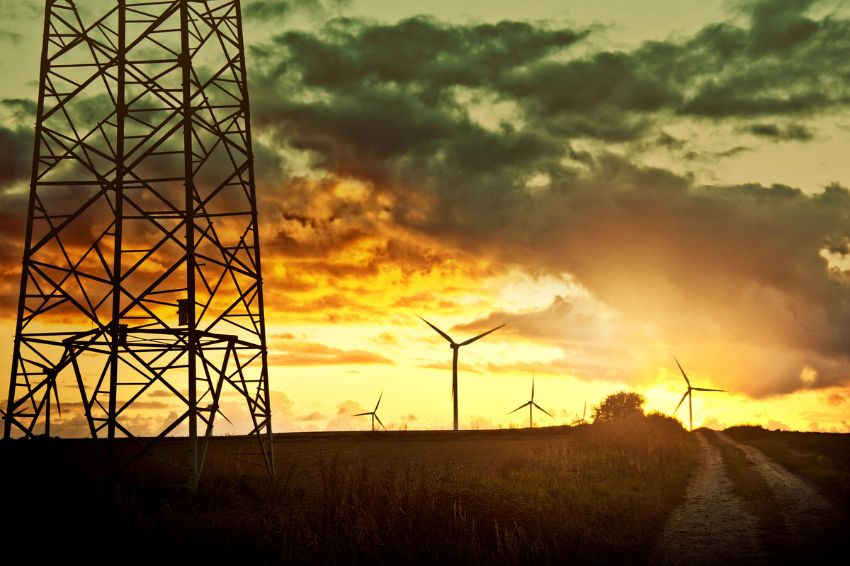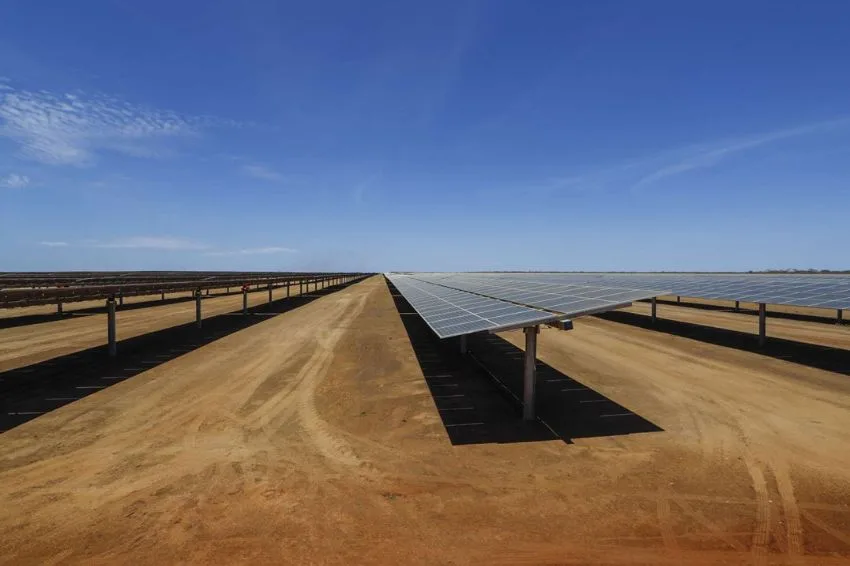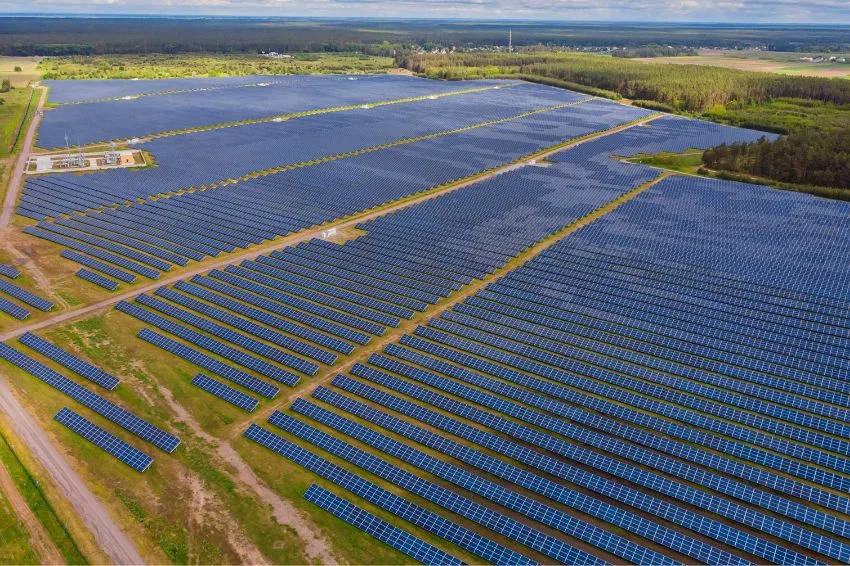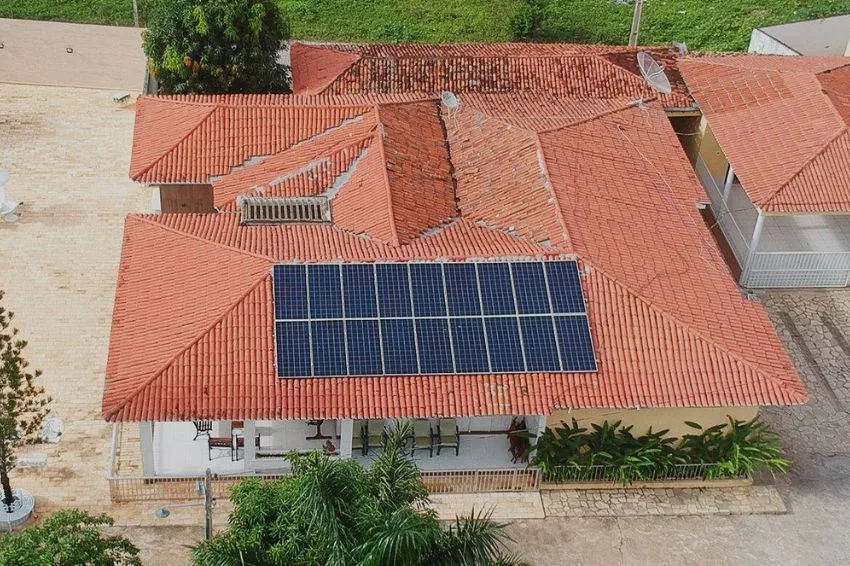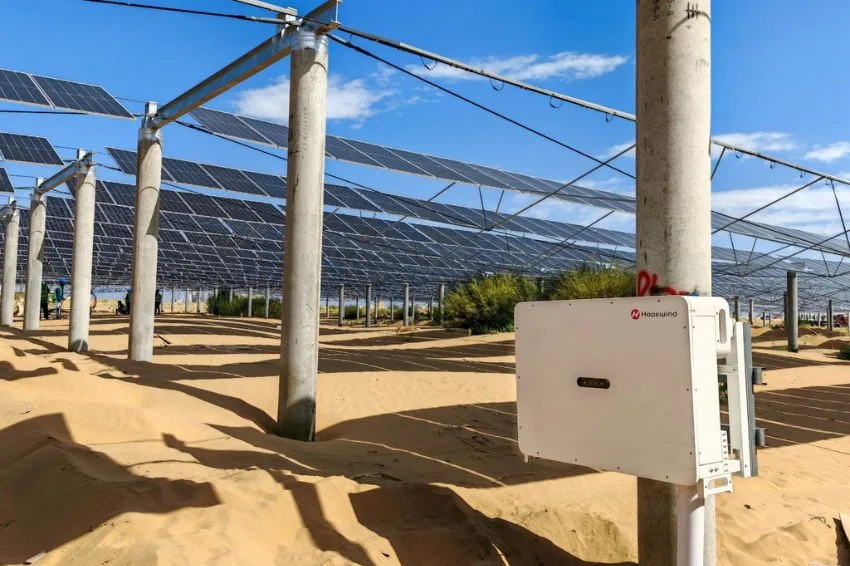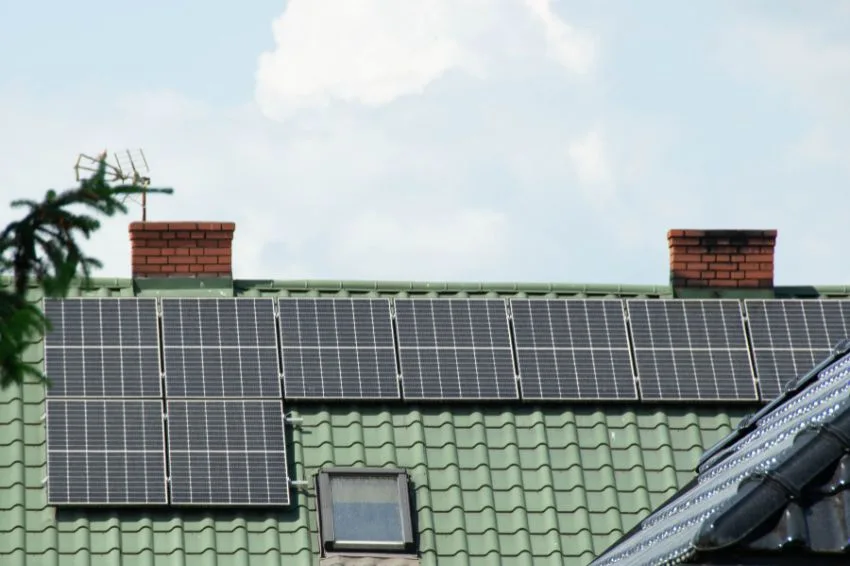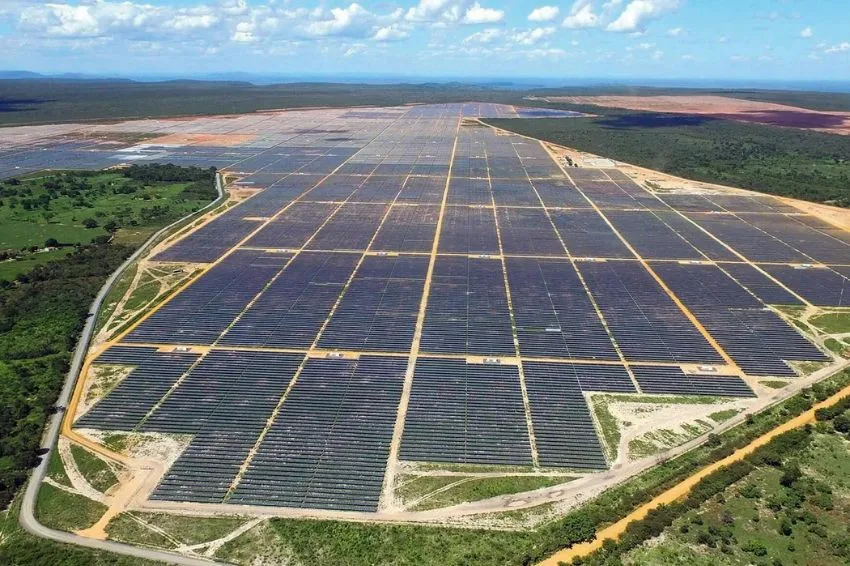A global energy transition is off the rails, worsened by the effects of global crises. This is what the World Energy Transitions Outlook 2023, from the IRENA (International Renewable Energy Agency).
There was progress, mainly in the energy sector, where the renewables account for 40% of installed electricity generation globally, contributing to an unprecedented 83% of global energy additions in 2022.
However, to keep 1.5°C alive, the report highlighted that implementation levels should grow from around 3,000 GW today to more than 10,000 GW in 2030, a average of 1,000 GW (1 TW) annually.
“While global investment in energy transition technologies reached a new record of US$ 1.3 trillion in 2022, annual inflows must more than quadruple to more than US$ 5 trillion to stay on the 1.5°C path,” reported the Agency.
By 2030, accumulated investments are expected to reach US$ 44 trillion, with transition technologies representing 80% of the total, or US$ 35 trillion, prioritizing efficiency, electrification, network expansion and flexibility.
“A successful energy transition requires bold, transformative measures that reflect the urgency of the current situation. Comprehensive investment and policies across the world and across all sectors must increase renewable energy and instigate the structural changes necessary for such a transition,” they highlighted.
According to research, the scale and extent of change falls far short of the 1.5°C path, and deployment, for example, is limited to certain parts of the world.
China, the European Union and the United States accounted for two-thirds of all additions last year, leaving developing nations even further behind.
“The stakes couldn’t be higher. A profound and systemic transformation of the global energy system must occur in less than 30 years, highlighting the need for a new approach to accelerate the energy transition,” said Francesco La Camera, Director General of IRENA.
“The search for fossil fuels and sectoral mitigation measures are necessary, but insufficient to shift to an energy system suitable for the domain of renewable energy,” he added.
In his view, the emphasis must shift from supply to demand, to overcome the structural obstacles that impede progress. The report describes three priority pillars of the energy transition.
“They are: the physical infrastructure, the political and regulatory enablers and the well-qualified workforce, requiring significant investments and new forms of cooperation in which all actors can be involved in the transition and play an optimal role,” he explained.
According to La Camera, the lack of progress further increases investment needs and calls for a systematic change in the volume and type of contributions to prioritize the energy transition.
Importance of international collaboration
IRENA further emphasized that any new investment decisions must be carefully evaluated to simultaneously drive the transition and reduce the risk of stranded assets.
Around 41% of planned investment until 2050 remains directed towards fossil fuels, as well as US$ 1 trillion of planned annual input into fossil fuels until 2030 must be redirected towards transition technologies and infrastructure to keep the 1.5°C target within reach.
Furthermore, they stated that public sector intervention is necessary to channel investments to countries in a more equitable way. In 2022, 85% of global investment in renewable energy benefited less than 50% of the world's population.
Africa accounted for just 1% of additional capacity in 2022. IRENA's Global Renewable Energy Financing Outlook 2023 confirms that regions home to around 120 developing and emerging markets continue to receive comparatively little investment.
“Achieving the energy transition requires stronger international collaboration, including collective efforts to channel more funds to developing countries,” the executive emphasized.
“A fundamental shift in support for developing nations must place more focus on energy access and climate adaptation. Moving forward, multilateral financial institutions need to direct more funds, under better conditions, to energy transition projects and build the physical infrastructure necessary to support the development of a new energy system”, concluded the director general of IRENA.


